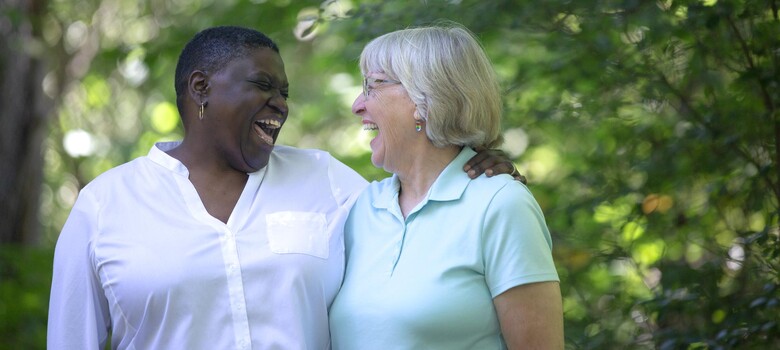Multiple Listing for a Kidney Transplant
What You Need to Know and Why You Should Register at Duke

Registering for waiting lists at more than one transplant center can increase your chances of receiving an organ sooner. That’s important because the typical waiting time for a donated kidney, for example, is three to five years. The longer you wait for an organ, the more your health and quality of life can deteriorate, which means your transplant is not likely to work as well or your organ may not last as long after your transplant.
Here, Duke Health kidney transplant specialist, Matthew J. Ellis, MD, explains what multiple listing is, the potential benefits, and why you should register at Duke Health when you need a kidney transplant.
What is the organ transplant waitlist?
When you register for an organ transplant, your name is placed on a national list managed by the United Network for Organ Sharing (UNOS). Each organ -- heart, lung, liver, and kidney -- has its own list, and various factors determine how soon you’ll receive a transplant. Though there is a national waitlist, each hospital’s list only includes patients evaluated at its center.
What is multiple listing for a kidney transplant?
Multiple listing means you register at more than one hospital to receive an organ transplant. This puts you on the waiting list at each center. When a hospital is offered an organ, they reference their own list, not the national list, to determine which of their patients is the best match for the organ.
What is the benefit of multiple listing?
Multiple listing can be beneficial for people waiting for a kidney transplant, where ranking is primarily based on how long someone has been on the list. Though it’s not guaranteed, “the end game is to get exposure to as many offers as you can because you increase the probability that your waiting time will shorten,” Dr. Ellis said. Your priority at one center could be higher than at another, depending on factors such as who else is on the list and your location. Additionally, hospitals may not accept every organ donation. Each center has its own criteria for the kidneys they are willing to transplant, so being registered at different centers may help you gain access to various levels of expertise.
The average wait time for a kidney transplant is about five years. If you’re on dialysis, that can be a very long time. “The longevity of your kidneys and the chances of successful transplant outcomes go down each year you’re on dialysis,” he said. “The goal is to get listed and transplanted as soon as possible.” Wait time is less of a factor for heart, liver, lung, and intestinal transplants, where the severity of your illness is the driving factor.
Why should I list for a kidney transplant at Duke?
Because of their extensive transplant experience, Duke Health transplant specialists can wait list people with more complex conditions. They also accept donor organs that are typically turned away elsewhere. For instance, Duke considers organs from donors with hepatitis B and hepatitis C and is one of the few transplant centers participating in the HOPE Act, which allows an HIV-positive person to donate an organ to another HIV-positive person.
“If you look at how frequently Duke accepts a kidney that other centers turn down, it's often two or three times the national average,” said Dr. Ellis. “That means a person who lists with us is more likely to get an organ.”
Can I list with as many transplant centers as I want?
“In theory, yes,” said Dr. Ellis. “However, sometimes a person's insurance will influence how many centers they list at.” Each time you want to list at a facility, you must first undergo tests and evaluations with various providers. While the results of tests like chest x-rays, colonoscopies, and echocardiograms can easily be shared between facilities, evaluations with a surgeon, nephrologist, nutritionist, social worker, and financial advisor must be conducted at each center where you want to wait list. If your insurance carrier has a limit to how many evaluations they’ll cover, the out-of-pocket costs can add up quickly.
Some centers also require that you live within a certain mile radius or within a certain travel time. Even if you don’t, Dr. Ellis encourages people to consider the ease of post-transplant care, which requires many follow-up visits to the transplant center. “If you're transplanted at one place, but getting back there frequently -- once a week for the first month post-operation and then every other week for a month or so -- is not realistic, then listing there is probably not a great idea,” he said.
Does multiple listing affect my wait time at other centers?
No. If you are on dialysis, waiting time is based on the date you started dialysis, so it will be the same at every center. If you aren’t on dialysis, you can start accruing wait time once your glomerular filtration rate (GFR) -- a measurement of how well your kidneys are working -- is 20 or below. However, in this instance your wait time starts on the date you list with a facility, not on the date your GFR hits below 20 or below, meaning your wait times will likely vary between centers. Fortunately, wait time is transferrable. If you want to designate Duke as your “home” transplant center and are receiving your care elsewhere, you can transfer the time you have accrued at that center to Duke.




